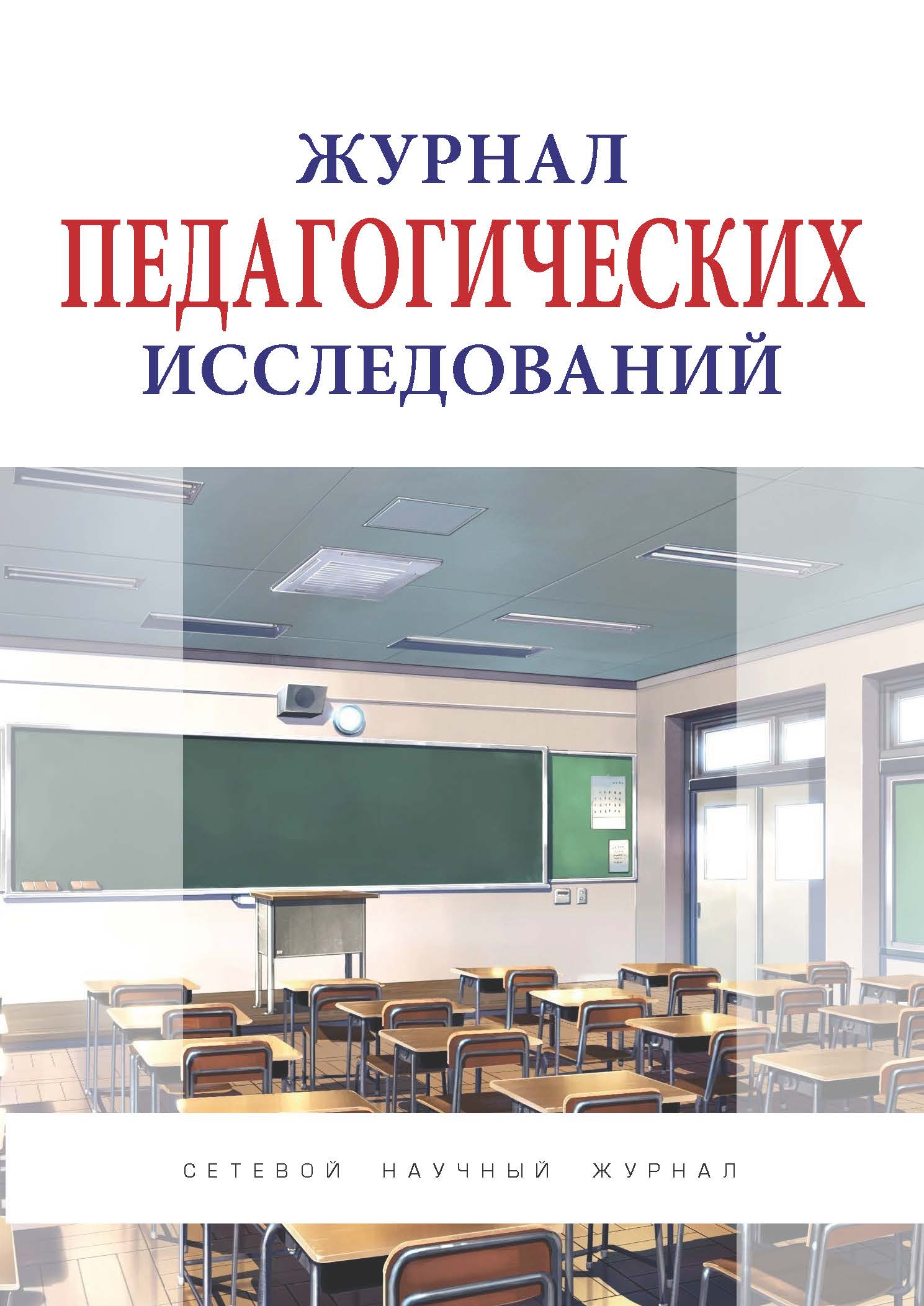Russian Federation
Russian Federation
In the modern world, an individual is constantly confronted with various data. Information is now one of the most important resources and benefits the individual and society. At the same time, in order to get the perfect result, it is necessary to possess the skills of correct work with information, its processing and further use. There is a contradiction in science due to the fact that a number of authors, in particular L. S. Vygotsky, S. Ya. Rubinstein did not consider it possible to use mnemonics in the educational process, since, in their opinion, it does not contribute to the development of a child. At the same time, modern researchers M.A. Ziganov, A. K. Kolechenko, E. D. Safronova and others argue the opposite. The aim of the work is to study the techniques of mnemonics and their use when working with information in Russian language lessons for older students. The scientific novelty of the article consists in summarizing individual examples of practical experience in the implementation of mnemonic techniques and their implementation in the educational process. The paper presents the author's approaches to understanding the essence of memory and its significance when working with information. The presence of a large number of mnemonics techniques is analyzed, thanks to the use of which the work of the student's memory mechanisms is activated, which contributes to the development of control over the process of memorizing information, storing it and subsequent reproduction. The pedagogical conditions for the use of mnemonic techniques are highlighted. The principles of using mnemonics techniques in the educational process are defined. The methods and specific examples of memorizing information in Russian lessons using mnemonic techniques are presented.
educational process, work with information, mnemonics techniques, pedagogical conditions, students, memory
1. Brushlinskii A.V. Myshlenie i prognozirovanie: Logiko-psikhologicheskii analiz. Izd. 2, stereotip. URSS, 2024. 232 s. ISBN 978-5-951-94261-6.
2. Vygotskii L. S. Voprosy teorii i istorii psikhologii Sobranie sochinenii: V 6-ti t./ Pod red. A.R. Luriya, M.G. Yaroshevskogo. M.: Pedagogika, 1982. T.1. 488 s.
3. Vygotskii L. S. Istoriya razvitiya vysshikh psikhicheskikh funktsii. M.: Yurait, 2023. 336 s.
4. Zinchenko V. P., Velichkovskii B.M., Vuchetich G. G. Funktsional'naya struktura zritel'noi pamyati. M.: Izd-vo MGU, 1980. 271 s.
5. Zinchenko P. I. Neproizvol'noe zapominanie. M.: Direkt-Media, 2010. 717 s.
6. Kozarenko V. A. Uchebnik mnemotekhniki. Sistema zapominaniya "Dzhordano": [Elektronnyi resurs]. URL: https://kaiu.narod.ru/LearnToReadQuickly/Book_Mnemo.pdf (data obrashcheniya: 29.05.2024).
7. Lisovskaya E. A. Uzelki na pamyat', ili Mnemonicheskie sposoby izucheniya orfografii. Minsk: Bel. assots. «Konkurs», 2007. 80 s.
8. Motorina N.A. Ispol'zovanie priemov mnemotekhniki na urokakh russkogo yazyka // Sluzhenie pedagogicheskomu delu: sbornik statei II Mezhdunarodnogo professional'no-issledovatel'skogo konkursa (31 oktyabrya 2021 g.). V 2-kh chastyakh. Chast' 1. – Petrozavodsk: MTsNP «Novaya nauka», 2021. S. 80-92.
9. Ovsyannikova P. E., Aleksandrova N. S. Mnemotekhnika kak sredstvo razvitiya proizvol'noi pamyati na urokakh russkogo yazyka v nachal'noi shkole // Vestnik Shadrinskogo gosudarstvennogo pedagogicheskogo universiteta, 2021. № 4 (52). S. 110-113.
10. O mekhanizmakh assotsiativnoi pamyati i psikhologicheskom prieme informatsionnogo nasyshcheniya polya pamyati v diskurse kak sredstve vspominaniya zabytogo: [Elektronnyi resurs]. URL: https://cyberleninka.ru/article/n/o-mehanizmah-assotsiativnoy-pamyati-i-psi (data obrashcheniya: 05.11.2023).
11. Cheremoshkina L.V Psikhologiya pamyati: ucheb. posobie dlya studentov vysshikh uchebnykh zavedenii. M.: «Akademiya», 2002. 368 s.






